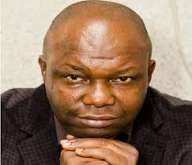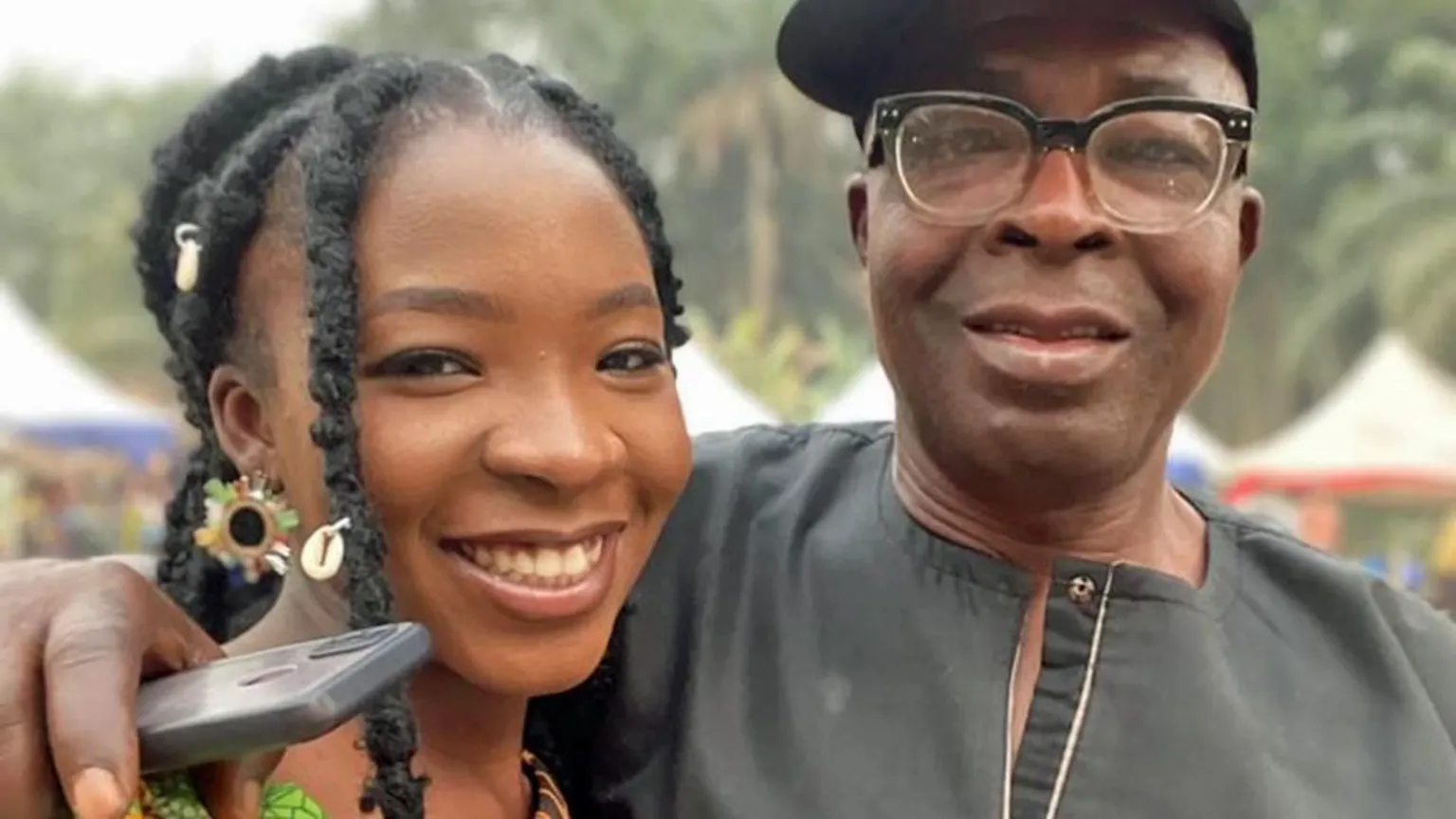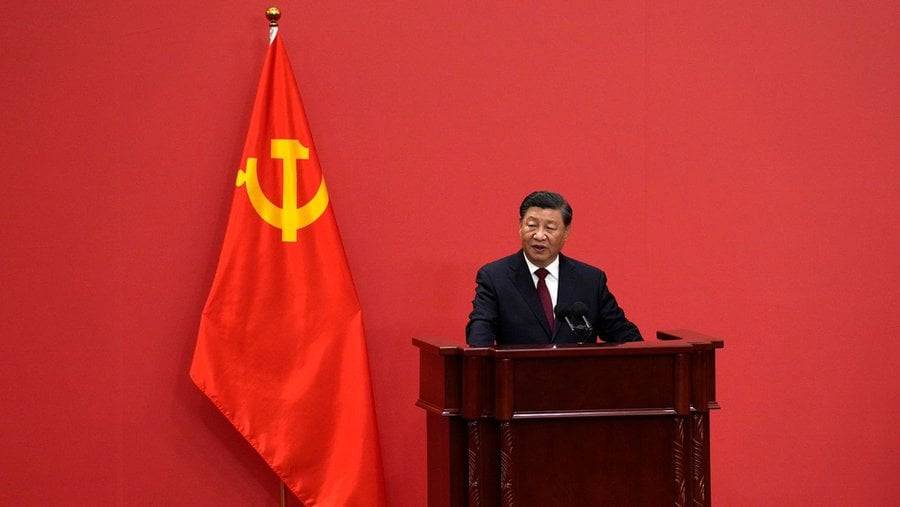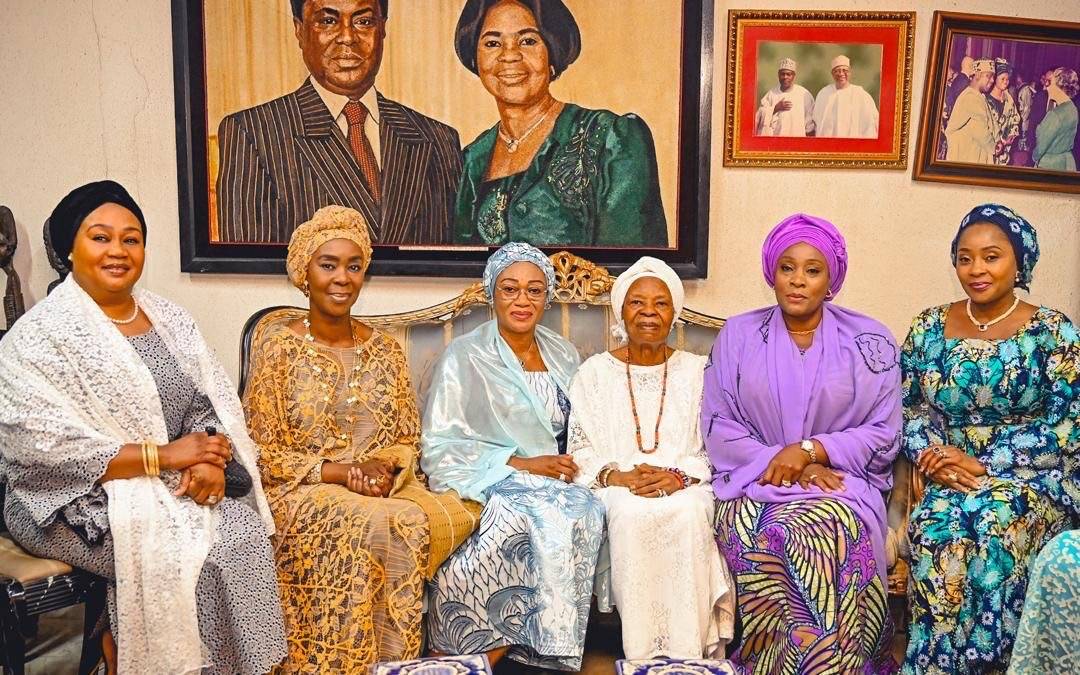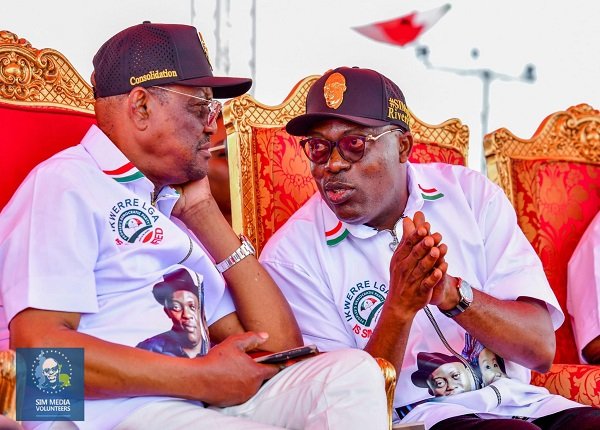What should have been a memorable budget presentation for Lagos State took an unexpected turn, as media coverage focused on an imagined political conflict rather than the budget’s content. Recent criticisms of Speaker Mudashiru Obasa of the Lagos State House of Assembly have sparked debates about his leadership and alleged political ambitions. However, when examined closely, these accusations appear baseless, unfair, and a distraction from his achievements and the Assembly’s collective efforts.
I was personally present at the plenary last Thursday and can attest to the events of that day, which I believe have been unnecessarily blown out of proportion.
During his speech following Governor Sanwo-Olu’s budget presentation, Speaker Obasa categorically dismissed rumors of contesting the 2027 governorship election, emphasizing his focus on strengthening the All Progressives Congress (APC) and serving Lagosians. He also denied seeking validation from certain influential families. While some may argue that addressing these rumors was unnecessary, Obasa likely felt it was appropriate, given the Governor’s presence. Yet, after the presentation, sensational headlines claimed he declared his candidacy, disrespected the Governor, or targeted specific political figures—none of which were true.
The misleading news coverage surprised me. Obasa’s remarks were clearly directed at addressing critics and mischief-makers, not at making declarations or disrespecting anyone. These narratives were simply clickbait designed to stir controversy.
While I do not intend to defend Obasa—he is a lawyer and capable of speaking for himself—it is disheartening to see his words twisted for sensationalism. As journalists, we have a duty to deliver truth, justice, and fairness. While it is our role to hold government officials accountable, it is not our place to derail careers or create false narratives for political or personal agendas.
Critics have also accused Obasa of disrespecting Governor Babajide Sanwo-Olu by continuing his speech as the Governor entered the chamber. This incident, however, has been exaggerated. If the Speaker had abruptly halted proceedings to welcome the Governor, the headlines might have read, “Obasa disrespects lawmakers, halts session to welcome Governor.” This illustrates how narratives are manipulated to fit certain agendas, often under the guise of “politics.”
It is important to note that Obasa has consistently advocated for collaboration between the executive and legislative branches of government while upholding legislative independence. Why, then, would he disrespect the Governor? Governor Sanwo-Olu himself has not expressed any grievances, so why are others creating unnecessary conflict?
Obasa also mentioned during the session that he is qualified to become Governor—not that he is contesting. And even if he decided to contest, would that be a crime?
Interestingly, claims that Obasa’s comments were directed at Seyi Tinubu, the son of President Bola Ahmed Tinubu, appear baseless. Obasa’s remarks about his Lagosian heritage and qualifications were part of a broader message of accountability and dedication to Lagos, not an attack on anyone. Neither Obasa nor Seyi Tinubu has declared interest in the governorship, so why fabricate conflict between the two?
Despite the unfounded criticisms, Speaker Obasa enjoys the confidence of his colleagues in the Lagos State Assembly. Lawmakers recently passed a vote of confidence in his leadership, commending his consultative style and legislative achievements. Majority Leader Noheem Adams described him as a leader who values collaboration and transparency in decision-making.
Under Obasa’s leadership, the Assembly has enacted impactful laws and overseen budgets addressing critical infrastructure and socio-economic needs. His handling of Governor Sanwo-Olu’s ₦3trillion budget for 2025 demonstrates his commitment to ensuring thorough legislative scrutiny for the benefit of Lagosians.
Rather than focusing on baseless accusations, attention should be directed toward the tangible progress Obasa has facilitated in Lagos. From impactful legislation to infrastructure growth, his leadership has significantly contributed to the state’s development. Opinion writers should highlight these achievements instead of heating up the polity with unnecessary narratives.
So, what is Obasa’s crime? Is it his dedication to Lagosians? His accomplishments as Speaker? Or simply being a convenient target for sensational headlines? The ongoing narrative seems less about constructive criticism and more about creating controversy. It is unfair to vilify one man from all angles without considering the toll it might take on him.
As Lagosians, journalists, and opinion writers, let us prioritize facts and fairness, acknowledge the progress being made, and avoid indulging in unwarranted distractions that hinder growth and unity.
Innocent writes from Lagos.



